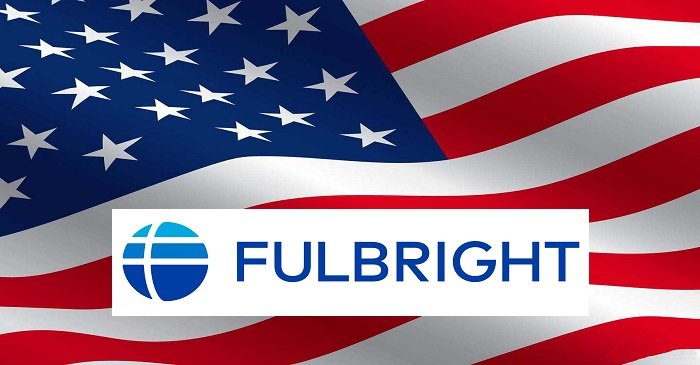The Deadline for the Fulbright Scholarship is different for each country.
Fulbright Program Overview
The Fulbright Program, the flagship international academic exchange program sponsored by the U.S. government, has fostered mutual understanding between the United States and other countries since 1946.
Each year, the U.S. Congress appropriates funds to the U.S. Department of State to sponsor the Fulbright Program. Many foreign governments contribute substantially as well. Additional direct or in-kind funding is provided by U.S. and foreign institutions of higher education, non-governmental organizations, private organizations, corporate partnerships, and individual donors.
The program provides awards to approximately 8,000 students, scholars, teachers, artists, and professionals each year from the United States and 160 countries. Fulbright is unique in its binationalism and noted for its merit-based selection process and academic prestige. Fulbrighters come from all backgrounds and are selected regardless of their race, color, national origin, sex, age, religion, geographic location, socio-economic status, disability, sexual orientation, or gender identity.
The U.S. Department of State’s Bureau of Educational and Cultural Affairs (ECA) administers the Fulbright Program under policy guidelines established by the Fulbright Foreign Scholarship Board (FFSB). Binational Fulbright Commissions in 49 countries develop priorities for the program, including the number and categories of grants. Commissions are funded jointly by the United States and respective host governments and governed by boards composed of citizens of the United States and partner nations. In the approximately 100 countries without Fulbright Commissions, the U.S. Embassy’s Public Affairs Section (PAS) supervises the Fulbright Program. Several U.S. non-profit organizations administer components of the program in the United States on behalf of the Department of State.
Fulbright alumni from the United States and around the world have gone on to achieve distinction in government, science, the arts, business, philanthropy, and education. Among the ranks of Fulbright alumni are 61 Nobel Prize recipients, 75 MacArthur Foundation Fellows, 89 Pulitzer Prize winners, and 40 current or former heads of state or government.
Program Funding
The primary source of funding for the Fulbright Program is an annual appropriation by the U.S. Congress to the U.S. Department of State’s Bureau of Educational and Cultural Affairs (ECA). Participating governments and host institutions, corporations and foundations in foreign countries and in the United States also provide direct and indirect support.
More funding data for the Fulbright Program are available in the Fulbright Foreign Scholarship Board (FFSB) Annual Reports.
Program Administration
ECA administers the Program under policy guidelines established by the Fulbright Foreign Scholarship Board (FFSB) with the assistance of binational commissions and foundations in 49 countries, U.S. embassies in more than 100 other countries and cooperating agencies in the United States.
ECA is responsible for the U.S. government’s overseas educational, cultural and informational programs.
The FFSB, composed of 12 educational and public leaders appointed by the President of the United States, formulates policies for the administration of the Program, establishes criteria for the selection of candidates and selects candidates nominated for awards.
Binational commissions and foundations develop priorities for the program, including the numbers and categories of grants. In a country without a commission or foundation, the Public Affairs Section of the U.S. Embassy develops and supervises the Fulbright Program. Currently, 49 commissions are active, most of which are funded jointly by the United States and the respective government. Each commission or foundation has a board, composed of Americans and citizens of the participating nations.
Fulbright programs are administered with the assistance of cooperating agencies. U.S. citizens interested in the Fulbright Program should contact the cooperating agency that administers the grant program in which they are interested. Foreign citizens interested in the Fulbright Program should contact the Fulbright commission in their home country or, where no commission exists, the Public Affairs Section of the U.S. Embassy.
How To Apply
The Fulbright Program for Foreign Students and Foreign Language Teaching Assistants (FLTAs) is administered by binational Fulbright Commissions/Foundations or U.S. Embassies. All Foreign Student and FLTA Program applications are processed by these offices.
Program eligibility and selection procedures vary widely by country. Please use the drop-down menu below to find information about the Fulbright Program in your home country, including eligibility requirements and application guideline.
Apply Here – https://foreign.fulbrightonline.org/apply




